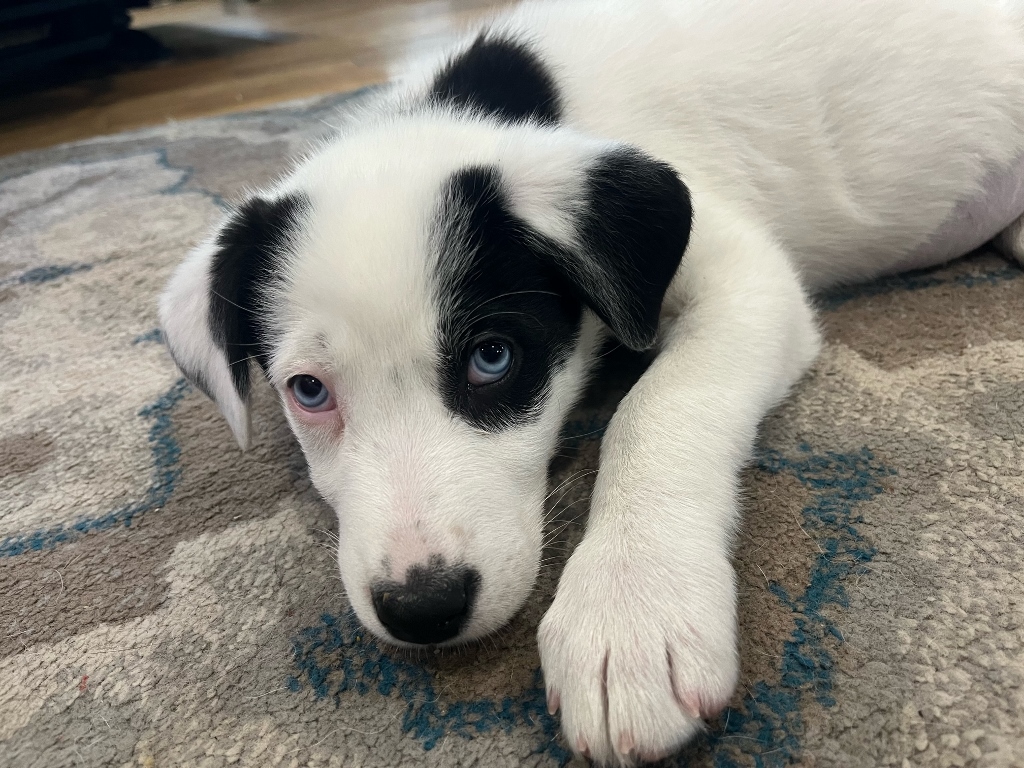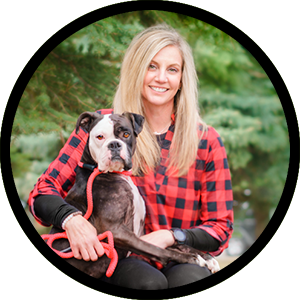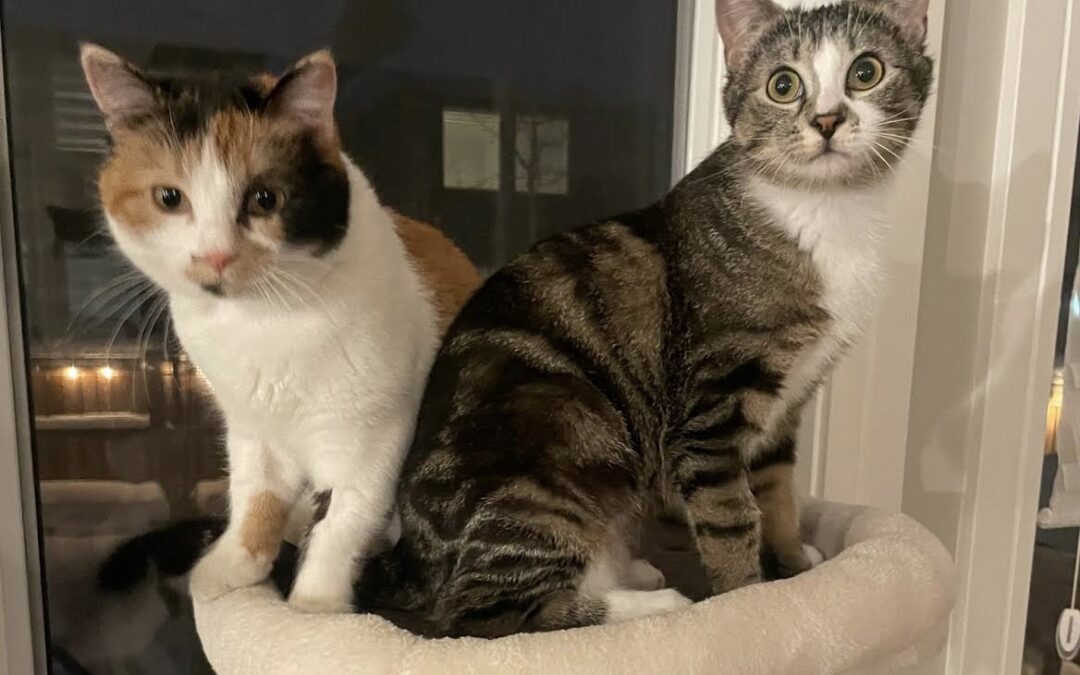The words we use are important and what we say and how we say it can have a big impact on the people around us. At AARCS, we have worked hard to be culturally understanding and we continue to learn and understand more about the people we assist daily. Another area we are learning more about is being trauma-informed and understanding the barriers faced by those who are place-at-risk, and experiencing poverty or discrimination.
During a recent planning session with the cat team, we discussed the surrender form and surrender agreement — how these forms are used and the process that people go through when bringing their cats to AARCS to be rehomed. This is often a very traumatic event for pet owners. There are many reasons why this happens and jumping to judgement does not help either the animal or the people.
Our Mission is Kindness and our Vision is Compassion — we are here to help people and their pets, not make things more difficult for them. Our process review led to a discussion of the word “surrender”. A Google search for synonyms resulted in words like “give-up”, “cede”, “lay-down”, “render”, “submit”, “handover”, and “yield” all of which created negative impressions for everyone around the table. Our goal has always been to provide people with kind and respectful care options for their pets. The word surrender does not align with our values.

As a result, we decided to stop using the word surrender both in writing and in our everyday words and interactions with each other at the shelter, with our foster homes and the public. Here are some of the things we are doing:
We have renamed our documents and changed the wording within them:
- Surrender Request Form → Intake Request Form
- Surrender Agreement → Transfer of Guardianship
- Surrender Fee → Care Contribution
- Owner Surrender → Public Intake
My challenge to our staff, volunteers and foster homes is to change the words we use daily and remove “surrender” from our vocabulary here at AARCS. This is going to take some time, so please be patient with us as we move to change the culture and words our industry has used for many, many years. We hope that this will help people when they come to us for help and to reduce any additional trauma we may inadvertently create during the re-homing process.

We continue to educate ourselves and recently attended some great courses from Vancouver Humane Society on this topic. If you are interested in understanding and learning more about being Trauma-Informed we highly recommend checking out the Vancouver Humane Society website and their FREE online courses.
https://vancouverhumanesociety.bc.ca/report-helping-people-animals/
https://vancouverhumanesociety.bc.ca/trauma-informed-training/


